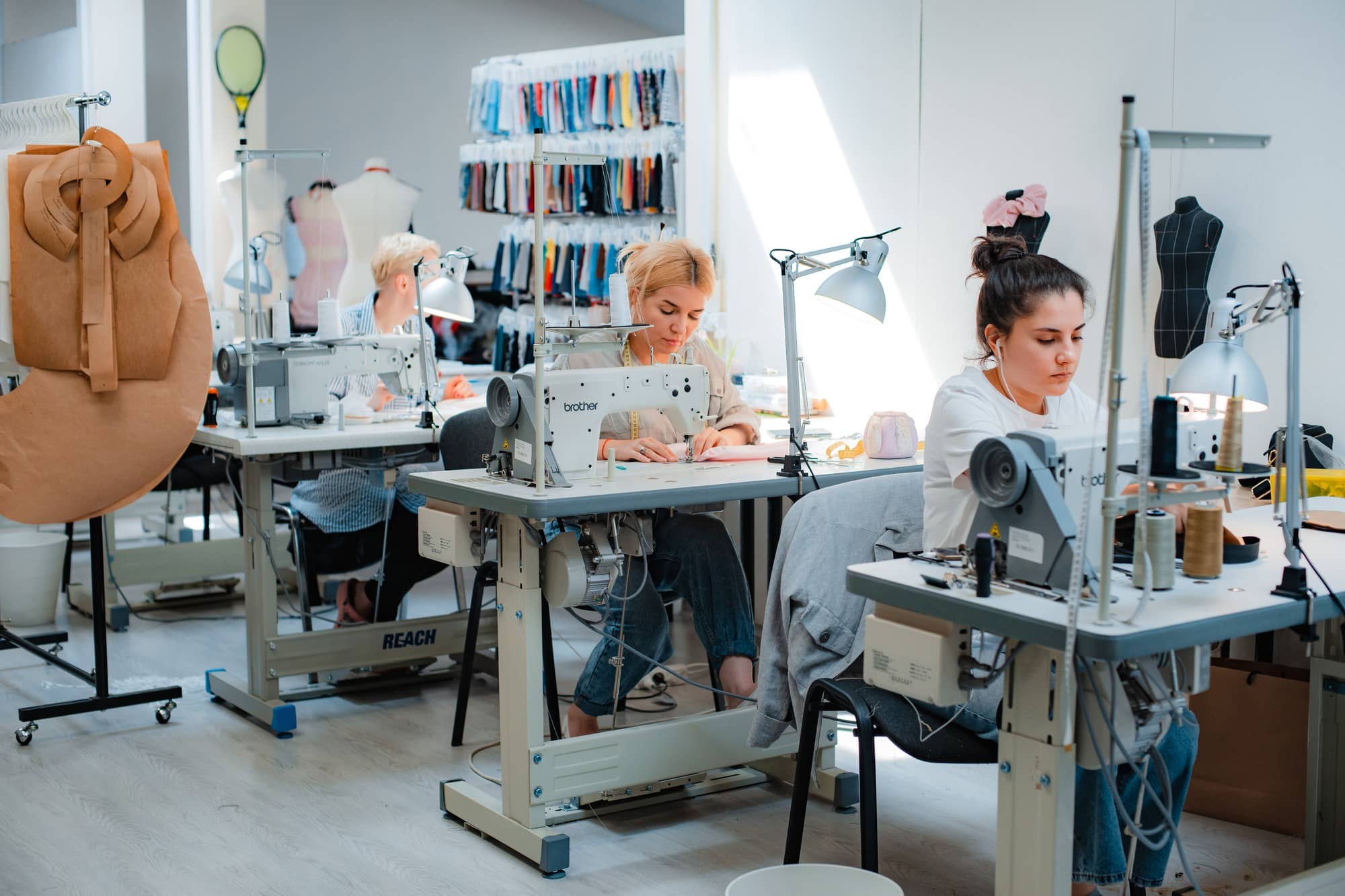How do you establish a sewing workshop? Starting a sewing workshop requires careful planning, market knowledge, and management skills. With rising demand for handmade products, this is a great opportunity. This article outlines the essential steps, tools, and challenges for setting up a sewing workshop.
Steps to Start a Sewing Workshop
To establish a successful workshop, follow these steps:
1. Identify your target audience
Determine your audience: Are you designing patterns for seamstresses or products for the public? For kids or adults?
Solution: Use social media polls and Google Analytics to understand customer preferences.
2. Consult Experienced Workshop Owners
Experienced owners offer valuable insights into challenges and opportunities.
Solution: Learn from their mistakes to save time and money.
3. Work or Visit a Workshop
Gaining experience or visiting a workshop reveals daily operations.
Solution: Acquire hands-on experience to better understand the market.
4. Build Your Workshop Team
Decide whether to start solo or with a team. A team reduces risks and shares responsibilities.
Solution: Choose partners with diverse skills to boost success.
Create a Financial Forecast for a Sewing Workshop
A financial plan helps evaluate revenues and costs, providing clarity for investments.
Sales Forecast for a Workshop
Estimate sales based on average prices and monthly transactions.
Solution: Consider seasonal demand, fashion trends, economic conditions, and competition.
Operational Costs for a Sewing Workshop
Costs include:
- Staff salaries and training.
- Insurance and rent.
- Utilities and supplies (e.g., threads, buttons).
- Equipment maintenance and marketing.
Solution: Monitor costs closely to ensure sustainability.
Market Research for a Sewing Workshop
Market research assesses demand and growth opportunities. Ask:
- Who are your target customers?
- What are their expectations and habits?
- How does their income affect purchases?
Solution: Analyze competitors’ services, pricing, and customer feedback.
How to Stand Out from Competitors
To differentiate your workshop:
- Offer unique products or complementary services.
- Build a sustainable competitive advantage.
Solution: Focus on quality and innovation to attract customers.
Marketing Your Sewing Workshop
Effective marketing builds brand awareness:
Create a Professional Website
Your website is the first point of contact. Ensure it’s visually appealing and mobile-friendly.
Solution: Showcase products with high-quality images and offer online ordering.
Social Media
Use platforms like Instagram and Facebook to promote your work.
Solution: Share engaging content and interact with customers regularly.
Best Location for a Sewing Workshop
A 50-square-meter space with electricity and good lighting is sufficient.
Solution: Choose a location that accommodates equipment and storage.
Essential Sewing Workshop Tools
Tools include:
- Industrial sewing and overlock machines.
- Iron and ironing table.
- Cutting table and chairs.
- Threads, needles, zippers, and fabrics.
Solution: Invest in high-quality equipment for efficiency.
Budget for Starting a Sewing Workshop
Costs range from 100 to 150 million tomans, depending on equipment, marketing, and staff.
Solution: Plan carefully to cover all essential expenses.
Must a Leader Be a Skilled Seamstress?
It’s not necessary, but understanding operations is crucial.
Solution: Be knowledgeable about sewing without needing mastery.
Challenges in Starting a Sewing Workshop
Challenges include high costs, finding skilled labor, and connecting with customers.
Solution: Plan for cost management and effective marketing.
The Resistance to the First Mechanical Sewing Machine
In 1830, Barthélemy Timonere invented the mechanical machine, but traditional workers destroyed his workshop, fearing job loss. This shows resistance to change and the power of innovation.
Contributors
We consulted Ms. Laiya Dadgar, who holds an MA in Management from Lund University, Sweden, and a doctorate in Management, and owns Arisa Workshop (kargah.khayati@), specializing in fabric imports and clothing exports.








